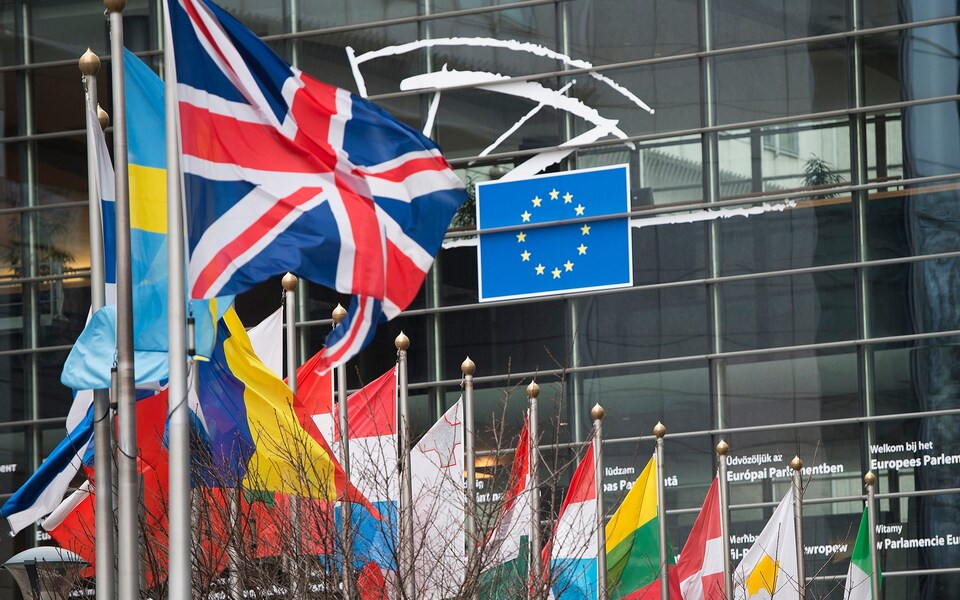The European Parliament has made a significant move towards unifying the enforcement of EU sanctions across member states by approving new rules with a robust majority. The newly adopted directive, which garnered 543 votes in favor, 45 against, and 27 abstentions, aims to criminalize the violation and circumvention of EU sanctions, including those targeting Russia.
EU sanctions, which include measures like freezing funds and assets, travel bans, and arms embargoes, have been adopted at the EU level. However, enforcement has been the responsibility of individual member states, leading to variations in definitions of violations and associated penalties. The new law seeks to rectify this by setting consistent definitions for violations, such as not freezing funds, not respecting travel bans, or doing business with state-owned entities of countries under sanction. Additionally, it will make providing financial services or legal advisory services in violation of sanctions a punishable offense.
To ensure the effectiveness of these measures, the directive introduces stronger punishments for violations. It mandates that such offenses be treated as criminal, carrying prison sentences of up to five years in all member states. When companies violate or circumvent sanctions, judges will have the authority to issue dissuasive fines. The law also addresses the issue of forum shopping, where violators seek out member states with the weakest enforcement by providing judges with a variety of means to punish violators.
"Parliament took an ambitious, harmonizing approach to the law, and even though we could not close all the loopholes we wanted to, it is an improvement on the current situation and shows our strong support to Ukraine," rapporteur Sophie in 't Veld said.
The law still requires formal approval by the Council before it can become effective. Once approved, it will enter into force twenty days after its publication in the Official Journal of the EU, and member states will have one year to transpose it into national legislation. This move comes as part of the EU's Common Foreign and Security Policy, which has seen the adoption of over 40 sanctions regimes against third parties, most recently against Russia following its invasion of Ukraine. The Commission has identified inconsistent enforcement of EU sanctions as a factor undermining their efficacy, which this new directive aims to address.
The EU's 13th package of sanctions
against Russia adopted in February imposes restrictive measures on “an additional 106 individuals and 88 entities responsible for actions undermining or threatening the territorial integrity, sovereignty and independence of Ukraine,” primarily helping Russia’s military and defense sectors.
These new sanctions primarily target those involved in Russia’s military-industrial complex, including manufacturers of missiles, drones, anti-aircraft missile systems, and other military equipment. The listings also encompass Russian companies and individuals involved in procuring defense equipment from the Democratic People’s Republic of Korea.
Additional trade sanctions have been introduced to further restrict Russia’s access to sensitive goods and technologies for its military. These measures include adding 27 entities to the export ban on dual-use goods and goods that could enhance Russia’s military and technological capabilities.
In December 2023, Ukraine’s National Agency on Corruption Prevention (NAZK) launched the world’s first open global inventory detailing foreign components utilized in Russian and Iranian missiles, drones, electronic warfare systems, and other military equipment. In February, NAZK expanded its database, adding eight new details specific to the Russian black-colored Shahed drones.
Read also:
- Russian tank manufacturer bypasses sanctions with tech imports from Japan, Taiwan via China
- Bloomberg: Russia buys tens of millions worth of banned technologies from EU
- North Korean missile fired by Russia in Ukraine contained US, European components





